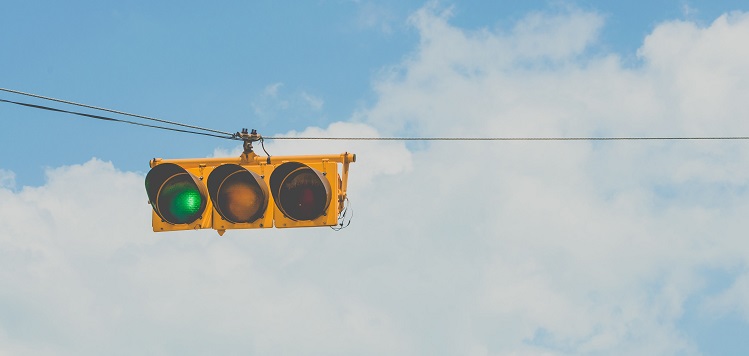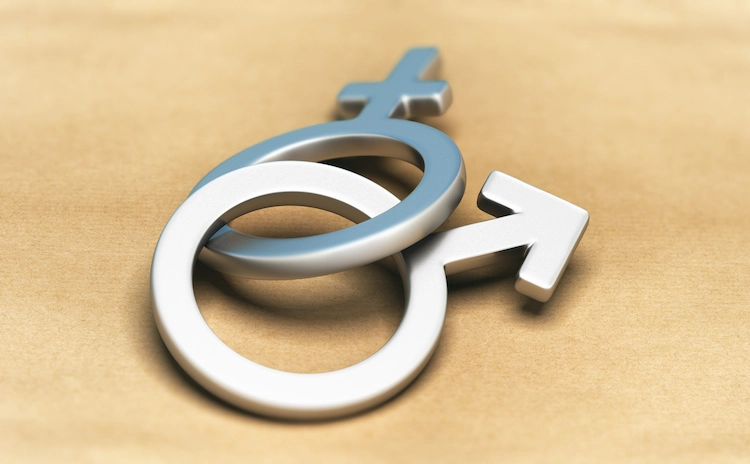SCOTUS Gives “Public Charge” Rule the Green Light in DHS v New York

In Department of Homeland Security v. New York, 589 U. S. ____ (2020), the U.S. Supreme Court ruled that the Department of Homeland Security (DHS) may implement a rule that changes the agency’s approach to the determination whether a noncitizen is likely to become a “public charge” and therefore is ineligible to enter the United States. The decision stays a nationwide injunction that prevented the rule from taking effect during the pendency of its appeal.
Facts of the Case
Under the Immigration and Nationality Act (INA), noncitizens who lawfully entered the country may adjust their status to legal permanent resident (LPR) if they are “admissible.” The case centers on a DHS rule, titled “Inadmissibility on Public Charge Grounds”(the “Rule”), that interprets a statutory provision stating that an alien is inadmissible if, “in the opinion of” the Secretary, the alien is “likely at any time to become a public charge.” The Rule radically alters the meaning of “public charge” to include, for the first time, an immigrant likely to receive any amount of “public benefit[s],” defined to include certain supplemental benefits such as Section 8 housing assistance, Medicaid, and SNAP benefits. The Rule deems an immigrant to be a “public charge” based on short-term receipt of such benefits: a DHS official need merely believe that an immigrant “will receive[] one or more public benefits” during “more than 12 months in the aggregate within any 36-month period” during his life.
A number of States, organizations, and individual plaintiffs filed suit alleging that the new “public charge” definition violates the Constitution, the Administrative Procedure Act, and the INA. In October 2019, a New York district court granted plaintiffs’ motion to stay the Rule’s effective date pending judicial review and for a nationwide preliminary injunction. It subsequently denied DHS’s motion for a stay pending appeal, concluding that it did not have “any rational justification or urgent need” to upend the status quo that had governed public-charge determinations for at least two decades. By contrast, the court explained, a stay would cause immediate and irreparable injuries to plaintiffs and the public, including by injecting uncertainty into LPR-status applications and deterring “law-abiding immigrants from receiving available benefits to which they are legally entitled.” The Second Circuit also declined to stay the universal injunction, emphasizing that the extraordinary relief of a stay was not warranted given that DHS’s appeal had been expedited.
Supreme Court’s Decision
The Court granted the application for stay by a vote of 5-4. Justices Ruth Bader Ginsburg, Stephen Breyer, Sonia Sotomayor, and Elena Kagan would have denied DHS’s request for a stay.
“[T]he District Court’s October 11, 2019 orders granting a preliminary injunction are stayed pending disposition of the Government’s appeal in the United States Court of Appeals for the Second Circuit and disposition of the Government’s petition for a writ of certiorari, if such writ is timely sought,” Justice Neil Gorsuch wrote in a concurring opinion. “Should the petition for a writ of certiorari be denied, this stay shall terminate automatically. In the event the petition for a writ of certiorari is granted, the stay shall terminate upon the sending down of the judgment of this Court.”
In his concurring opinion, Justice Gorsuch called on the Court to address the increasingly prevalence of nationwide injunctions. “Today the Court (rightly) grants a stay, allowing the government to pursue (for now) its policy everywhere save Illinois. But, in light of all that’s come before, it would be delusional to think that one stay today suffices to remedy the problem,” he wrote. “The real problem here is the increasingly common practice of trial courts ordering relief that transcends the cases before them.” Justice Gorsuch further wrote:
By their nature, universal injunctions tend to force judges into making rushed, high-stakes, low-information decisions. Bray 461–462. The traditional system of lower courts issuing interlocutory relief limited to the par- ties at hand may require litigants and courts to tolerate interim uncertainty about a rule’s final fate and proceed more slowly until this Court speaks in a case of its own. But that system encourages multiple judges and multiple circuits to weigh in only after careful deliberation, a process that permits the airing of competing views that aids this Court’s own decisionmaking process. The rise of nationwide injunctions may just be a sign of our impatient times. But good judicial decisions are usually tempered by older virtues.
Once the Second Circuit renders a decision on the merits, Department of Homeland Security v. New York will likely come back before the Court.
Previous Articles
Supreme Court Upholds Tennessee Law Banning Transgender Care for Minors
by DONALD SCARINCI on July 10, 2025
In United States v. Skrmetti, 605 U.S. ____ (2025), the U.S. Supreme Court held that Tennessee’s ...
Supreme Court Rejects Mexico’s Suit Against U.S. Gun Manufacturers
by DONALD SCARINCI on July 8, 2025
In Smith & Wesson Brands v. Estados Unidos Mexicanos, 605 U.S. ____ (2025), the U.S. Supreme Co...
SCOTUS Sides With Employee in Reverse Discrimination Case
by DONALD SCARINCI on July 2, 2025
In Ames v. Ohio Department of Youth Services, 605 U.S. ____ (2025), the U.S. Supreme Court held tha...
The Amendments
-
Amendment1
- Establishment ClauseFree Exercise Clause
- Freedom of Speech
- Freedoms of Press
- Freedom of Assembly, and Petitition
-
Amendment2
- The Right to Bear Arms
-
Amendment4
- Unreasonable Searches and Seizures
-
Amendment5
- Due Process
- Eminent Domain
- Rights of Criminal Defendants
Preamble to the Bill of Rights
Congress of the United States begun and held at the City of New-York, on Wednesday the fourth of March, one thousand seven hundred and eighty nine.
THE Conventions of a number of the States, having at the time of their adopting the Constitution, expressed a desire, in order to prevent misconstruction or abuse of its powers, that further declaratory and restrictive clauses should be added: And as extending the ground of public confidence in the Government, will best ensure the beneficent ends of its institution.





